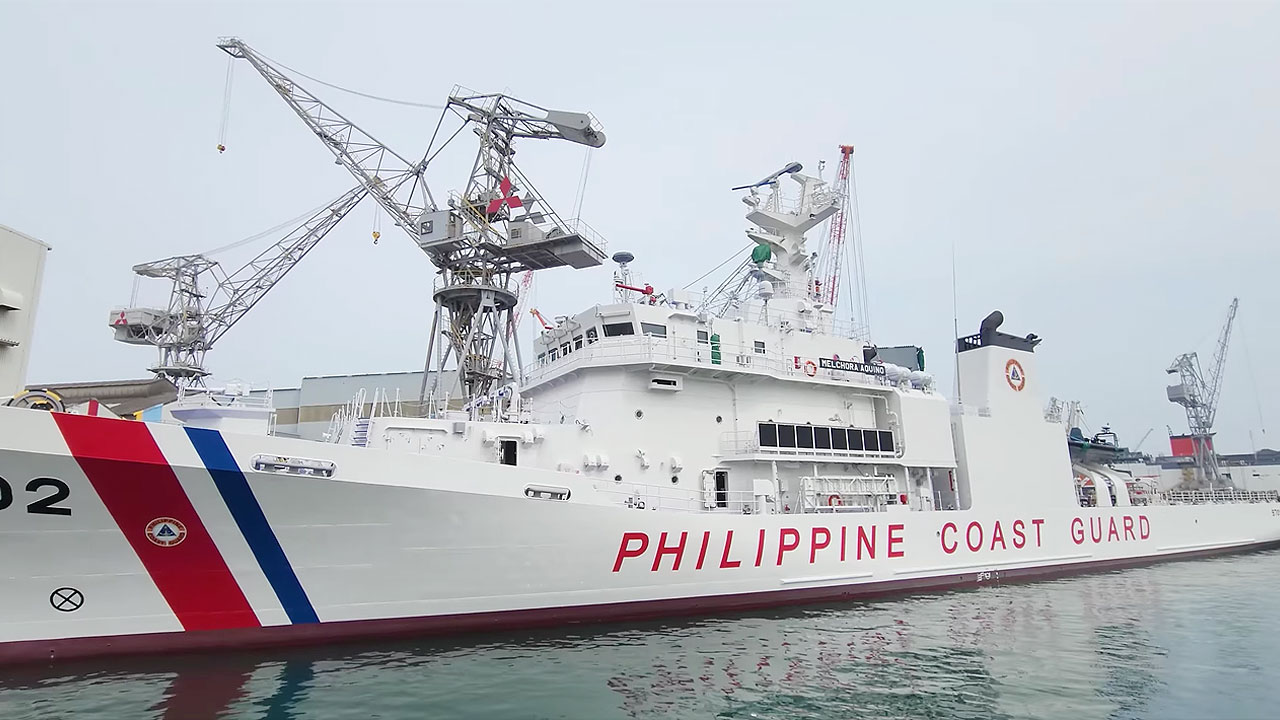PHL-Japan talks yield commitment to boost maritime defense as S. China Sea tensions heighten

By Kyle Aristophere Atienza, Reporter
Japan has committed to help strengthen the Philippines’ maritime defense with a security assistance program, Philippine President Ferdinand R. Marcos, Jr. said on Friday.
In a statement to the press after his bilateral meeting with Japanese Prime Minister Fumio Kishida, Mr. Marcos said they had an exchange of notes on Japan’s official security assistance (OSA) program, which will help boost the Philippines’ maritime security.
“The OSA grant worth JPY 600 million or around P235 million will help boost the efforts of our Department of National Defense in securing coastal radars for our Armed Forces to enhance the maritime domain awareness capability and maritime security,” he said, noting that the Philippines “shares common security concerns” with Japan.
Mr. Marcos said the Philippines is committed to working on a framework for a proposed reciprocal access agreement with Japan that is aimed at facilitating the presence of visiting forces.
“We are cognizant of the benefits of having these arrangements both to our defense and military personnel and to maintaining peace and stability in our region,” he said.
The two leaders affirmed their commitment to “peaceful negotiations to resolve maritime conflicts,” citing the need for a “stable and secure environment for mutually inclusive growth for our peoples.”
Mr. Kishida’s two-day Philippine visit came on the heels of China’s increased aggression at sea. A few days earlier, Beijing accused a Philippine military ship of trespassing into waters near Scarborough Shoal, which is within Manila’s 200-nautical mile exclusive economic zone.
The Philippines has said China was “overhyping” Manila’s patrol missions in the area.
China has also been obstructing the Philippines’ resupply missions to a military outpost in Second Thomas Shoal using dangerous maneuvers and other gray-zone tactics. In August, the Chinese coast guard fired water cannons at Philippine Coast Guard vessels.
The United States, Japan, and other partners have been at the forefront of international condemnation of China’s intrusions into Philippine waters.
In his opening statement at their bilateral meeting, Mr. Marcos noted the start of “trilateral engagements” among Tokyo, Washington, and Manila this year and said he is looking forward to “continuing this form of engagement and to expanding it further to cover other equally important aspects.”
The activist coalition Bagong Alyansang Makabayan has accused Tokyo of advancing Washington’s agenda in the Pacific region, noting that the increasing engagement between Philippine and Japanese troops is “all meant to advance US hegemony in the region.”
The US has made Japan “a junior partner” and the Philippines a “vital cog” in its supposed “war machine” in the region, it said in a statement.
Mr. Marcos and Mr. Kishida also signed an exchange of notes for $6 million in non-project aid, aimed at acquiring construction equipment to improve road networks and disaster response programs in the southern Philippine region of Bangsamoro.
The two countries also signed a memorandum of cooperation on the mining sector as they “mutually support the promotion of sustainable development of the mining and mineral resources sector.”
Manila and Tokyo also signed a memorandum of cooperation in the field of tourism.



